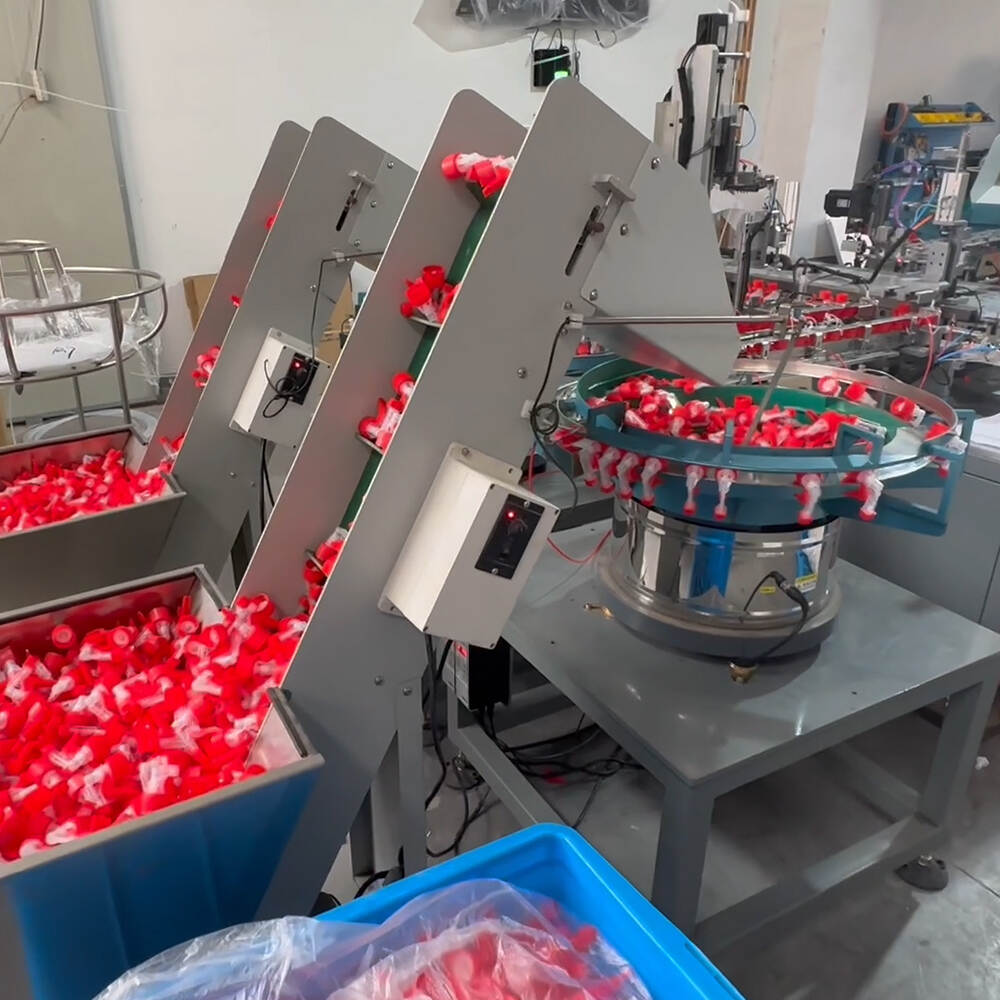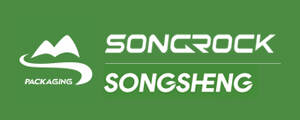Email format error
Email cannot be empty
Email already exists
6-20 characters(letters plus numbers only)
The password is inconsistent
Email format error
Email cannot be empty
Email does not exist
6-20 characters(letters plus numbers only)
The password is inconsistent


Understanding Mini Assembly Machine Export: Key Insights and Trends
In recent years, the need for small and efficient manufacturing solutions has grown. One area that has seen growth is mini assembly machine export. These machines are important because they help production lines work better and faster. They are used in many industries, like electronics, cars, and food packaging. In this blog, we will look at what mini assembly machines are, why they are in demand, and how companies use them to improve production.
What is a Mini Assembly Machine?
A mini assembly machine is a small tool made to do specific jobs in a production line. These machines are smaller and more flexible than traditional large machines. They can be used in many industries, like electronics, to put together small parts. Mini assembly machines help companies save money, improve speed, and make products with more precision.
The rise in mini assembly machine export has made it easier for companies to get these tools and improve their operations. As more companies want to automate their work, mini assembly machines are becoming a key part of the process.
The Growing Demand for Mini Assembly Machine Export
The world of manufacturing is moving toward smaller, automated solutions. This is one reason mini assembly machine exports are increasing. Countries like China, Germany, and Japan are major exporters of mini assembly machines. As more industries see the benefits of these machines, the demand continues to grow.
Why Companies Are Choosing Mini Assembly Machines
1. Cost Efficiency
One of the main benefits of mini assembly machines is that they cost less. Larger machines can be expensive to buy and take up a lot of space. In contrast, mini assembly machines are smaller and cheaper, making them more affordable for companies that want to automate.
2. Precision and Speed
Mini assembly machines are very good at doing tasks that need precision. For example, they can assemble small, delicate parts in the electronics or medical industries. These machines are quick and accurate, which helps businesses make products faster and with fewer mistakes.
3. Space-Saving Design
Mini assembly machines take up less space than larger machines. This is helpful for companies with limited space in their factories. These machines can fit into existing production lines without needing major changes to the layout.
4. Customization Options
Some mini assembly machines can be made to fit specific needs. This allows businesses to make sure the machines are perfect for their production process.
Key Industries Using Mini Assembly Machines
Mini assembly machines are being used in many different industries. Below are some examples of where these machines are making a difference.
1. Electronics Industry
The electronics industry uses mini assembly machines to put together parts like circuit boards and chips. These machines are fast and accurate, making them a great choice for companies that need to assemble tiny components. As the electronics market continues to grow, mini assembly machine exports are also increasing.
2. Automotive Industry
The automotive industry uses mini assembly machines for assembling small parts in cars, like sensors and wiring. As new technologies like electric vehicles grow, the need for these parts grows, making mini assembly machines even more important.
3. Food Packaging Industry
The food packaging industry needs fast machines that can package food and drinks quickly. Mini assembly machines help with tasks like bottling, labeling, and sealing. These machines help businesses save time and money.
The Role of Mini Assembly Machine Export in Global Supply Chains
Mini assembly machine exports help companies around the world improve their supply chains. They allow businesses to get the machines they need to automate their work. Countries that export mini assembly machines are seeing more demand from places like North America, Europe, and Asia. These regions are eager to use new technologies to improve their production.
Key Considerations When Buying Mini Assembly Machines
When companies buy mini assembly machines, there are some things they should think about.
1. Machine Specifications
Before buying a mini assembly machine, it is important to check its specifications, such as its speed and how well it works with other machines in the production line. Custom machines can be made to meet specific needs, making them even more useful.
2. Maintenance and Support
Mini assembly machines need regular maintenance to keep them running well. Companies should check if the exporter offers support services, like repairs, spare parts, and training for workers.
3. Quality Assurance
The quality of the machine is very important. Businesses need to make sure the machines meet high standards to ensure they work well and safely, especially in industries like electronics and automotive where quality is key.

The Future of Mini Assembly Machine Export
Looking ahead, mini assembly machine export will continue to grow. As businesses look for ways to automate and improve efficiency, the demand for these small machines will rise. New technology, like artificial intelligence and robotics, will help make mini assembly machines even better at what they do. These machines will become more energy-efficient and environmentally friendly, which will help companies reduce their impact on the planet.
Mini assembly machines will remain important in industries that need fast, precise production. The future looks bright for mini assembly machine exports as they continue to support manufacturing businesses around the world.

